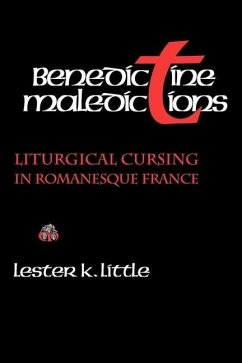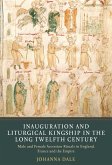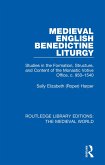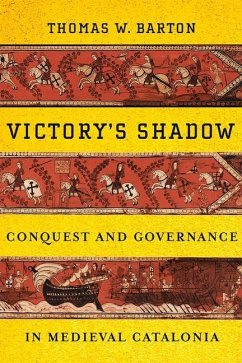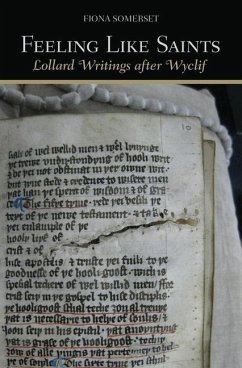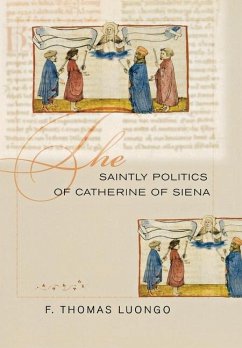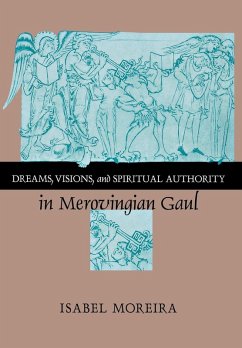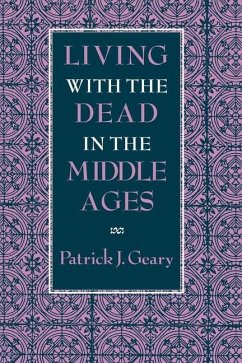"'May they be cursed in town and cursed in the fields. May their barns be cursed and may their bones be cursed. May the fruit of their loins be cursed as well as the fruit of their lands.' French monks of the Middle Ages hurled curses like these at their enemies, seeking supernatural assistance when no secular judge could help them. In a long-awaited book written with elegance and erudition, Lester Little undertakes the first full-length study of these maledictions.... The book's focus is the way that religious communities-especially the monks who followed Benedict's Rule and hence were known by his name-used liturgical cursing to safeguard their integrity and their possessions, against both laymen and other ecclesiastics." -Journal of Social History
Dieser Download kann aus rechtlichen Gründen nur mit Rechnungsadresse in A, D ausgeliefert werden.

